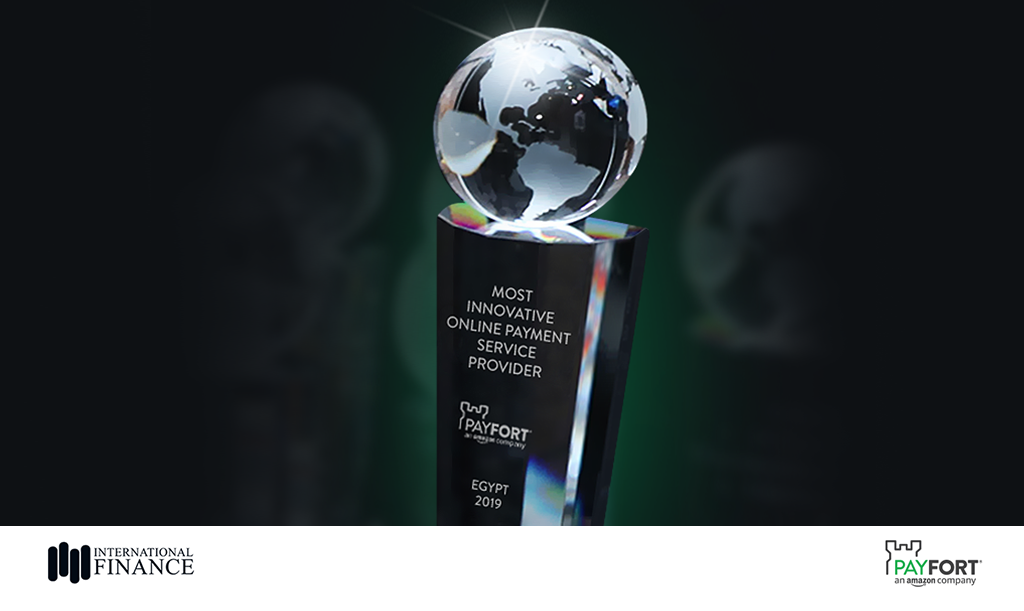The Flourishing of FinTech in the Middle East
16 Sept 2019
It’s safe to say that the FinTech arena has been maturing
lately, with the sector slowly shifting its reputation from a disruptive sector
to a collaborative one across the traditional finance industry.
FinTech startups by definition are flexible and adaptive to
their environments, developing custom solutions for e-finance without adhering
to the same rigidity and bureaucracy of traditional financial institutions.
This resulted in FIs evolving over the years to accommodate companies that
specialize in emerging FinTech concepts, joining forces to reach mutually
beneficial agreements and gain access to new markets.
In 2018, the FinTech sector thrived more than ever, with
VC-backed companies raising around $39.6 billion across 1,707 global deals. In
the Middle East & North Africa region however, FinTech as an industry is
still at the budding stage, but the pace of innovation in the sector is rapidly
increasing and shows great promise in the near future, especially in the GCC.
The last decade has seen MENA-based FinTech startups raise
investments worth around AED 550 million, 35% of which was attained in 2017. Although
the funding gap, when compared to the global average, is at approximately AED
36.7 billion, it is expected that the MENA region will witness several FinTech
unicorns over the next few years.
Rising regional FinTechs are increasingly gaining traction
and popularity, with e-wallet companies such as CashU, HalalaH, BitOasis,
HyperPay and MadfooatCom benefitting from the increasing e-commerce
transactions. In the Crowdfunding branch of FinTech, we find Eureeca, Aflamnah,
Durise and Zoomaal. Financial comparison websites like Yallacompare and
Souqalmal are also attracting attention, while P2P lending platforms like
Beehive are emerging as potential disruptive game-changers for SMEs. Financial
advisory services (robo-advisory) are also happening in the region, with
companies like Sarwa, Wahed Invest and Solfeh exploring the branch. Islamic
finance is also seeing some attention from FinTech startups in the Middle East.
Banks such as Emirates NBD, Emirates
Islamic Bank and First Abu
Dhabi Bank are increasingly adopting FinTech initiatives to improve
customer experiences and generally reduce costs. Other banks like Bank Al
Etihad, the Arab Bank and Bank Al Ahli are
dedicating notable amounts of capital to FinTech startups as investors.
Emirates-based RAKBANK has
teamed up with C3 to launch a payroll card which offers low-income workers
better services, for both the banked and unbanked population.
First Abu
Dhabi Bank became the first MENA bank to announce real-time, cross-border
payments using Blockchain technology by partnering up with Ripple, and
following suit are Saudi British
Bank (SABB), National Commercial Bank, Kuwait
Finance House and National Bank of Kuwait that also established
a partnership with Ripple to expand its global Blockchain reach in terms of
cross-border payments.
In conclusion and going forward, the MENA market is likely
to witness a FinTech rush very soon, with expectations surrounding FinTech
players to double from the current 130 companies over the next three years. Currently
valued at $2 billion, the MENA FinTech industry is projected to reach around
$2.5 billion by 2022.
Tags
MENA, Middle East, North Africa,
CashU, HalalaH, BitOasis, HyperPay, MadfooatCom, Eureeca, Aflamnah, Durise,
Zoomaal, Yallacompare, Souqalmal, Sarwa, Wahed Invest, Solfeh, Emirates NBD, Emirates Islamic
Bank, First Abu Dhabi
Bank, Bank Al Etihad,
the Arab Bank, Bank Al Ahli,
emCash, UAE, Saudi Arabia, Bahrain, Bahrain Fintech Bay
related articles

Financial Health is What FinTech Should Be Empowering

Can the Middle East Bloom Into A Global FinTech Hub?

How many digital Middle Eastern companies have unlocked their full innovative potential?

UAE-based FinTech startup Foloosi raises $500,00 in seed funding

FinX Awards 2019 Nominations Open For Submission

Bridging the credit gap through crowdfunding

PayFort receives ‘Most Innovative Online Payment Service Provider’ award for the second time


 0
0
 3k
3k 



Comments